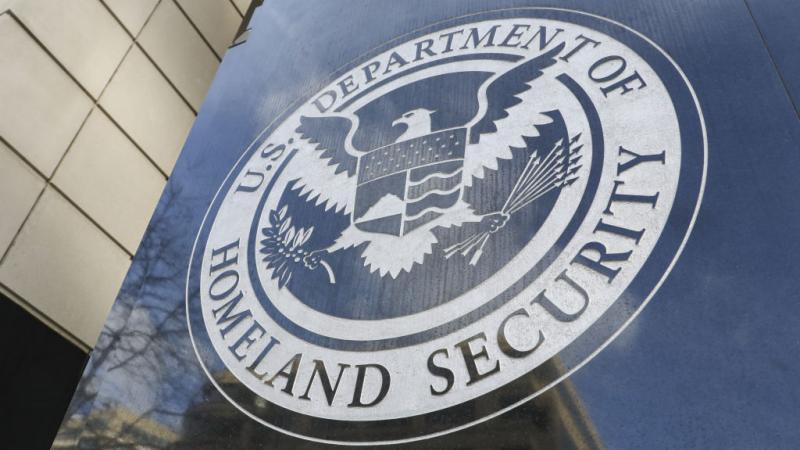Rising deficit sets record as House GOP moves forward with $5T in tax cuts
A hefty price tag: The current framework that was adopted by the House on Thursday also includes $521 billion in defense and immigration spending and a minimum of $4 billion in spending cuts. The debt limit would be increased up to $5 trillion as well.
The nation's deficit so far into fiscal year 2025 set a record as the House GOP moves forward with its budget reconciliation bill, which includes more than $5 trillion in tax cuts and projected economic growth that would only cover about 16% of its cost.
According to the latest U.S. Treasury data released on Thursday, the deficit has hit $1.3 trillion for the first six months of the fiscal year, about $140 billion more than the same timeframe of the previous fiscal year. The $1.3 trillion figure represents the second-largest 6-month deficit on record.
The budget resolution that the Republican-led House set in motion on Thursday carries a hefty price tag and economic growth alone won't cover the cost of the tax cuts and benefits in the package, several studies show. Conservatives in Congress are calling for spending cuts far above the amount outlined in the resolution.
GDP growth only 1.1%
According to the Tax Foundation, if the resolution is passed and signed into law, "extending the expiring 2017 Tax Cuts and Jobs Act (TCJA) would decrease federal tax revenue by $4.5 trillion from 2025 through 2034" and GDP would be just 1.1% higher, offsetting 16% of the lost revenue, which would be about $710 billion.
The GOP-led House on Thursday approved the Senate’s amended budget resolution that contains $5.3 trillion in deficit-financed tax cuts.
The Tax Foundation reported that the $5.3 trillion total includes $3.8 trillion of tax cuts under the existing policy baseline and an additional $1.5 trillion in deficits over a 10-year period. The current framework that was adopted on Thursday includes $521 billion in defense and immigration spending and requires a minimum of $4 billion in spending cuts. The debt limit would be increased up to $5 trillion as well if the resolution is signed into law.
GOP congressional leaders have said the final package will include more than $4 billion in spending reductions.
Johnson: "Failure not an option"
“We will not waver in our commitment to delivering a bill that reduces spending, secures the border, keeps taxes low for families and job creators, restores American energy dominance, reestablishes peace through strength, and makes government work better for all Americans," said House Speaker Mike Johnson on Thursday.
“With the debt limit deadline approaching, border security resources dwindling, markets in flux, and the looming threat of the largest tax increase on working families, we are racing against the clock. The American people are counting on us, and failure is not an option,” he added.
The GOP-led House is using budget reconciliation to pass the final bill with a simple majority to avoid the filibuster in the Senate.
Garrett Watson, director of policy analysis at the Tax Foundation, told Just the News that the country is currently on an "unsustainable spending and debt path," as demonstrated by the latest data.
"The drum will continue to be beaten on this from CBO and others looking at the data until the problem is resolved by Congress and the White House. Notably, Social Security remains less than a decade from insolvency, and all these projections could be made worse if interest rates rise above what CBO projects," Watson said.
$3.7 trillion in deficit financing
"This makes it even more important that Congress select prudent budgetary offsets in their pursuit of a tax package that extends or makes permanent the 2017 tax law, so we do not worsen the fiscal outlook and ensure that the package is pro-economic growth, which can provide partial relief in terms of our ratio of debt to GDP," he added.
Watson argued that this year's reconciliation package "remains Congress’s best opportunity to put our fiscal trajectory on a better track, and key to that would be to find offsets that slow the growth of spending and improve the tax code by broadening the tax base and eliminating tax expenditures."
He emphasized that economic growth cannot solely cover the cost of the tax cuts and tax benefit extensions. He said there would still be about $3.7 trillion in "additional deficit financing" without major spending reductions that last for the next 10 years.
Watson said the latest Treasury data "shows that executive action on spending has been of limited impact to-date, and the possibility of an economic downturn may also threaten the size of tax receipts over the next year or two, worsening an already dire structural budget deficit."













